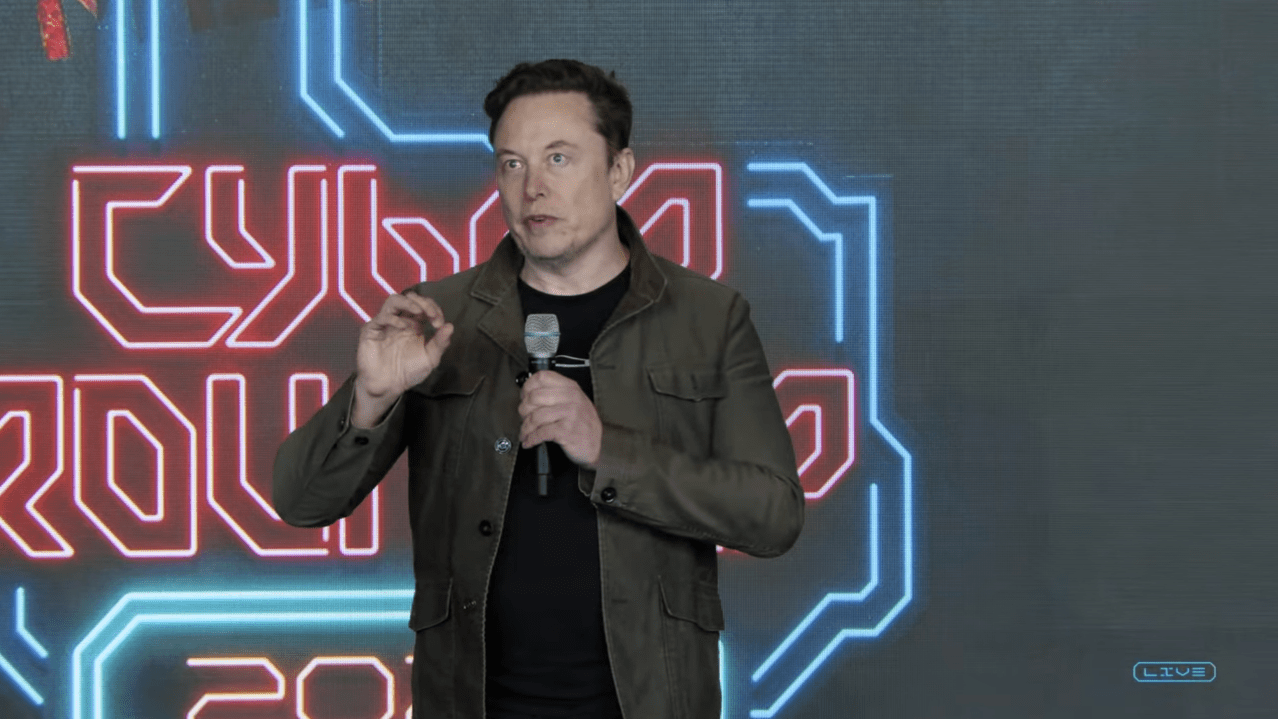In the rapidly evolving landscape of artificial intelligence, the intersection of technology and business strategies often leads to surprising narratives. Elon Musk, the enigmatic CEO of Tesla, has recently stirred the pot with his comments regarding his AI startup, xAI. While reports suggested a financial collaboration between the two companies regarding the utilization of AI models, Musk swiftly rejected this notion, igniting discussions around the future of AI technology within Tesla and the implications of his broader ambitions.
Background of the Controversy
On September 7, 2024, the Wall Street Journal reported that Tesla was in negotiations to share revenue with xAI for the use of artificial intelligence models in Tesla’s driver-assistance software, popularly known as Full Self-Driving (FSD). The report hinted at the potential for xAI to also enhance features such as voice assistants in Tesla vehicles and software for the much-anticipated Optimus humanoid robot.
However, Musk took to his social media platform, X, to categorically deny these claims. He stated that while Tesla has gained valuable insights from its dialogue with xAI engineers, there is “no need to license anything from xAI.” Musk emphasized that the xAI models, which he described as “gigantic” and containing vast amounts of compressed human knowledge, couldn’t be practically integrated into Tesla’s hardware.
Understanding the Relationship Between Tesla and xAI
There has always been a captivating synergy between Tesla and xAI since its inception. Musk founded xAI not simply as a side venture but as a direct competitor to established AI powerhouses like OpenAI. His vision for xAI revolves around leveraging data from his various companies — Tesla, SpaceX, Neuralink, and The Boring Company — to enhance technological advancements across these domains. Musk has often articulated the belief that AI is critical for the future, and his creation of xAI reflects that aspiration.
The Legal Fallout
The Technical Implications
The technical merits of Musk’s assertions ignite a myriad of questions regarding the integration of AI into automotive technology. The complexity and quality of AI models developed by xAI suggest an ambitious approach to machine learning that could provide immense benefits. However, Musk’s insistence that xAI’s models are not conducive for direct application within Tesla’s framework raises concerns about the practicality of employing such extensive AI models in real-time scenarios.
Innovations on the Horizon
The future of AI in Tesla vehicles remains bright, with Musk’s commitment to continually refine FSD and enhance the user experience without reliance on xAI’s offerings. As Tesla continues to push boundaries, the focus will likely shift toward developing proprietary models that are optimized for their hardware systems, thus ensuring seamless integration.
Conclusion: A Future Steered by Innovation
Elon Musk’s emphatic dismissal of the need for licensing xAI models likely indicates a broader strategy focused on autonomy and independence for Tesla. As the dynamics of AI technology evolve, so too will the approaches to its implementation in complex systems such as autonomous vehicles. In this context, watching how Musk steers Tesla through this AI landscape could set significant precedents for both the automotive industry and the broader technology sector.
At **[fxis.ai](https://fxis.ai)**, we believe that such advancements are crucial for the future of AI, as they enable more comprehensive and effective solutions. Our team is continually exploring new methodologies to push the envelope in artificial intelligence, ensuring that our clients benefit from the latest technological innovations. For more insights, updates, or to collaborate on AI development projects, stay connected with **[fxis.ai](https://fxis.ai)**.

